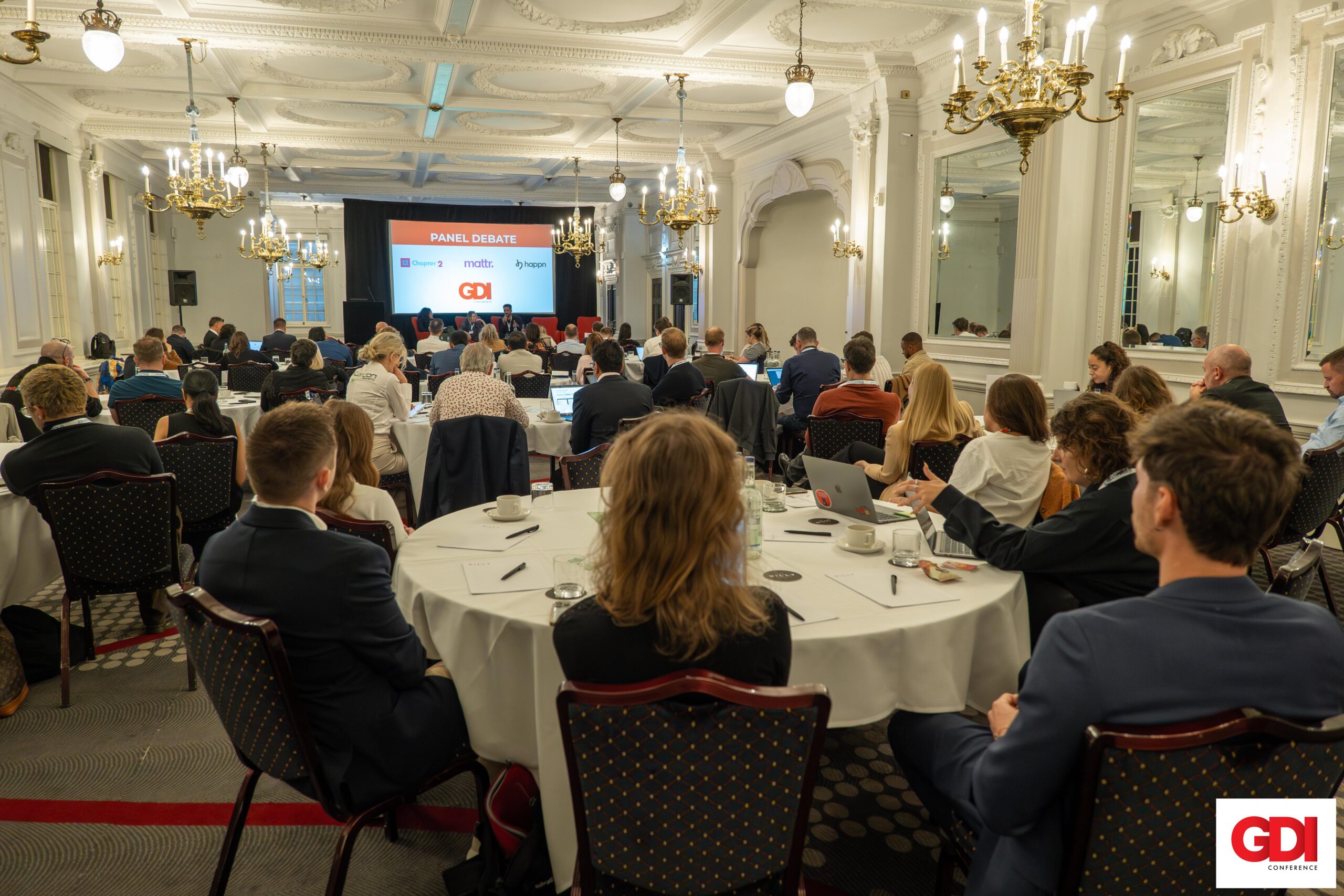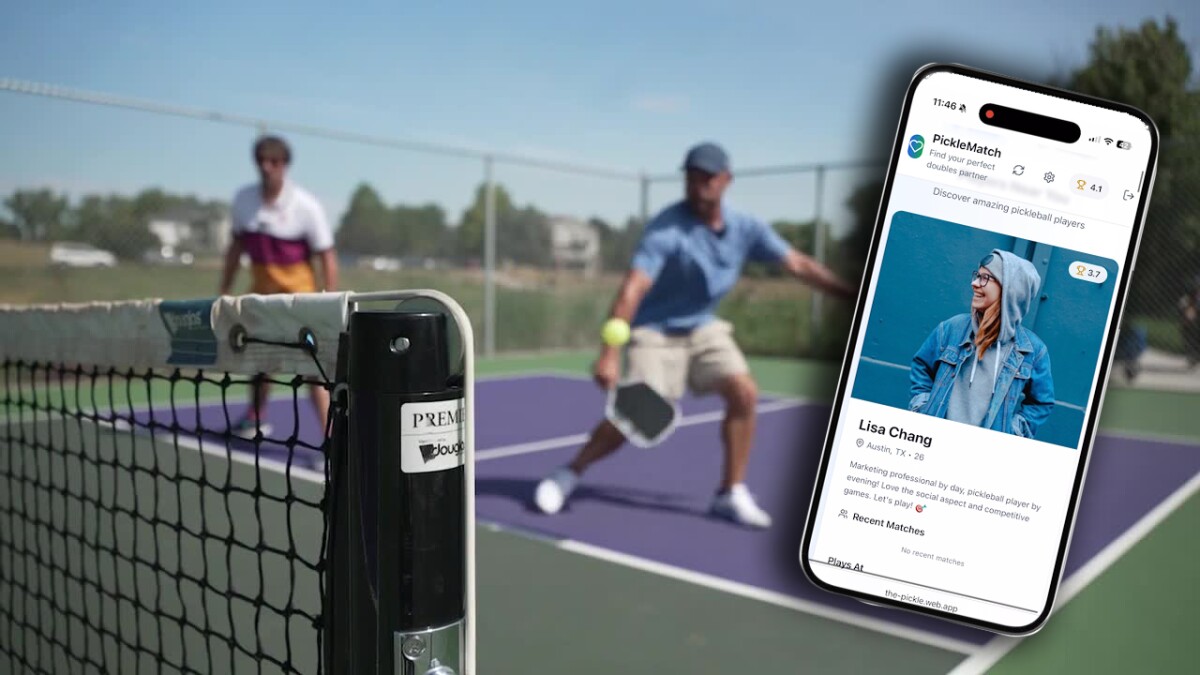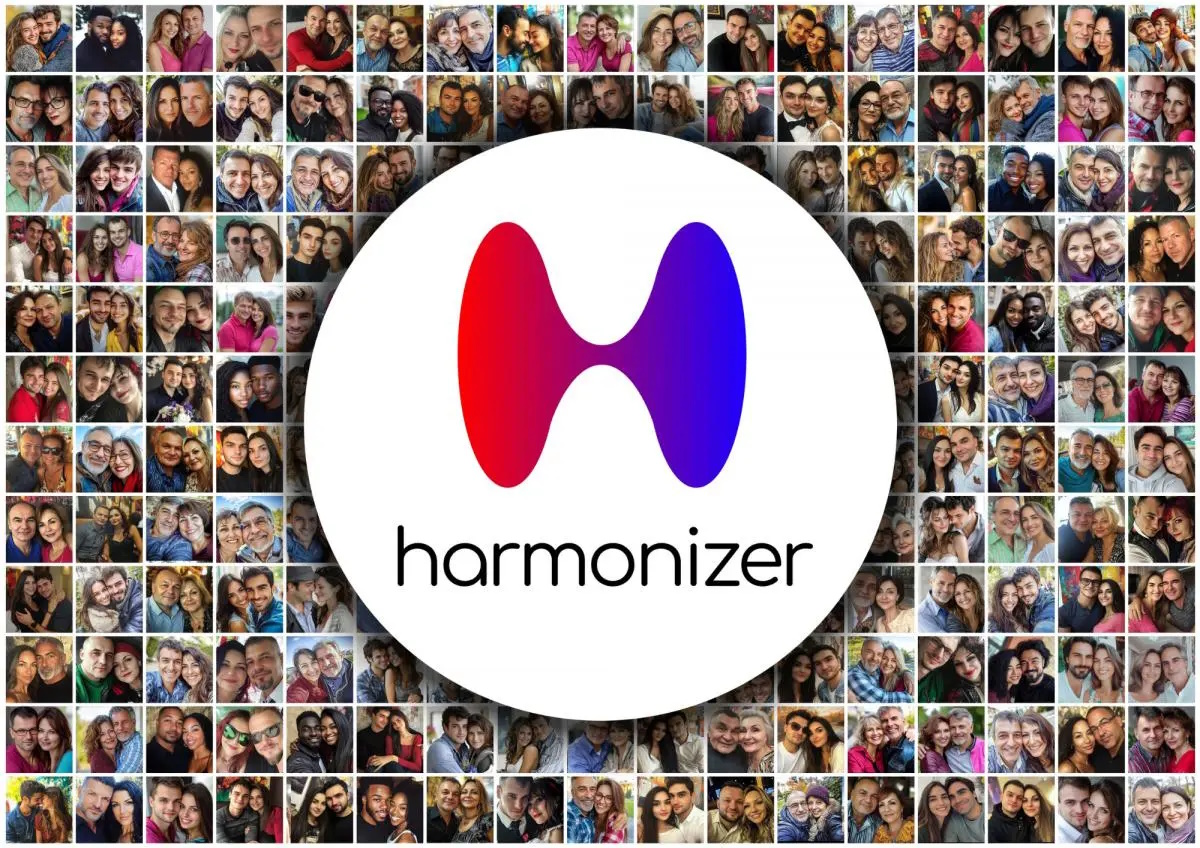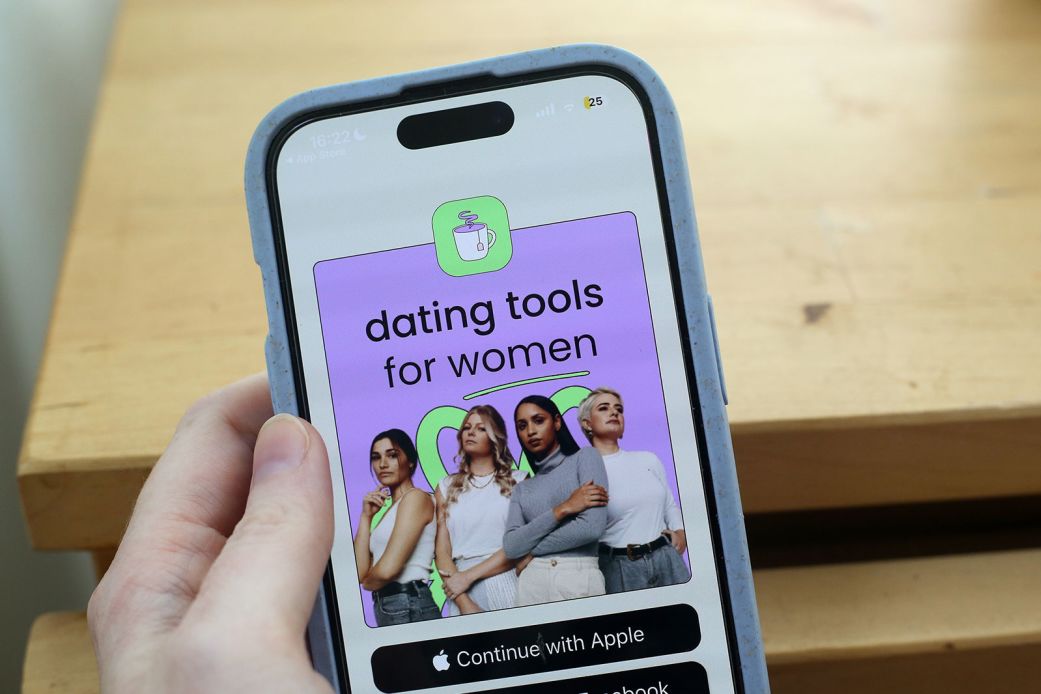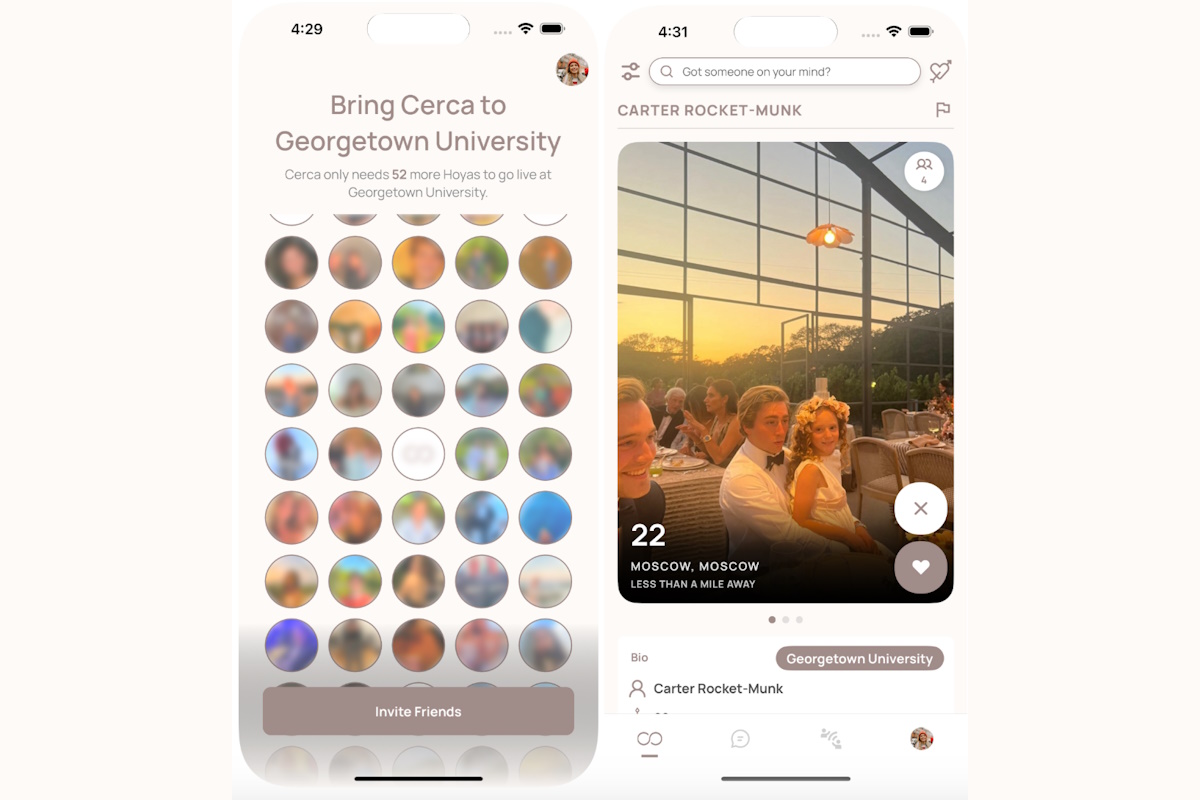A recent analysis by the Harmonizer App team has found that psychological flexibility – rather than personality compatibility or financial stability – plays a more crucial role in sustaining long-term relationships. Privately released by the Harmony in Relationships Research Center, the study reveals key details on how adaptability leads to a higher chance of long-lasting relationships.
The study, based on data from over 20,000 U.S. couples, revealed that individuals with high emotional adaptability stayed in relationships nearly 18% longer on average. Among couples under financial strain, those demonstrating greater psychological flexibility remained together up to 72% longer than their less adaptable counterparts.
Psychological flexibility is defined as the ability to manage emotions, remain present during conflict, and adapt to changing circumstances. The researchers argue that this skill can be more influential than shared traits such as education level or age balance. It even outweighs personality similarity, which the study found may shorten relationship duration when too pronounced.
Sergey Sigitov, CEO of Harmonizer App, stated, “There’s this idea that strong relationships are about being lucky or finding your perfect match… But what we’re seeing is that emotional skills, especially flexibility, matter more.”
Importantly, the report highlights that this ability isn’t innate. A growing body of research shows psychological flexibility can be developed through methods such as mindfulness training and couples therapy. A meta-analysis of 174 studies involving over 44,000 participants linked improved flexibility with better emotional health and relationship quality.
As dating platforms increasingly integrate behavioral science, apps like Harmonizer are focusing less on superficial compatibility and more on long-term relationship resilience – potentially shifting how people approach digital matchmaking altogether.
